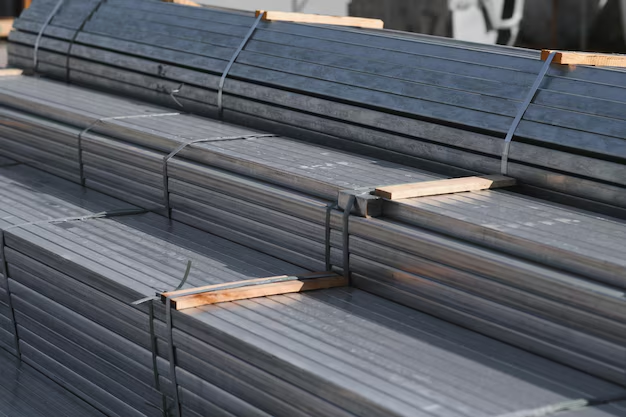Thinking About a Steel Roof? Here’s What You Need to Know
Choosing the right roofing material is a crucial decision for homeowners looking to enhance both the value and durability of their property. If you’re considering installing a steel roof, you’re not alone. Steel roofing has gained popularity due to its longevity, durability, and environmentally friendly attributes. Let’s explore how much a steel roof might cost and how you might manage those expenses with some savvy financial strategies.
How Much Does a Steel Roof Cost?
The cost of a steel roof can vary greatly based on several factors such as the type of steel, the size of your home, the complexity of the roof design, and the contractor you choose. On average, you can expect to pay between $5 to $15 per square foot for materials and installation. This means that for an average-sized home of about 2,000 square feet, a steel roof might cost anywhere from $10,000 to $30,000 in total. Here’s a more detailed breakdown:
- Material Costs: Steel roofing panels can range from $2 to $10 per square foot. The type of finish and coating applied can impact the cost.
- Installation Costs: Labor costs can range from $3 to $5 per square foot depending on the complexity of the roof design.
- Additional Costs: Custom designs, insulation layers, and removal of an old roof can add to the overall cost.
While the initial investment is higher compared to traditional asphalt shingles, steel roofs can last 40 to 70 years, offering long-term savings on repairs and replacements.
Why Choose Steel Roofing?
Steel roofs are not only known for their durability but also for several other benefits:
- Eco-friendly: Made from recycled materials and fully recyclable at the end of their life.
- Energy-efficient: Reflective coatings can reduce cooling costs by deflecting sunlight.
- Resilience: Excellent resistance to fire, wind, and impact damage.
These features make installing a steel roof a solid investment for those planning to stay in their homes long-term.
Financial Strategies to Afford a Steel Roof
Installing a steel roof is a significant investment, but there are various ways to make it more financially accessible:
Government Aid and Programs
Many local and federal programs offer incentives for using energy-efficient materials. Check for tax credits and rebates associated with energy-efficient roofing options, which can sometimes cover a portion of the costs.
Home Improvement Loans
Consider a home improvement loan that allows you to spread out the cost over several years. Some financial institutions offer low-interest loans specifically for energy-efficient upgrades.
Using Credit Wisely
If using a credit card to finance your roof, look for cards with a 0% introductory APR for purchases. This provides a window to pay off large expenses without interest. Be mindful of your repayment plan to avoid high-interest charges after the introductory period ends.
Educational Grants
For those in lower-income brackets or specific demographic groups, some cities offer educational grants for home improvement projects, including roofing. While not universally available, it’s worth exploring local options.
Debt Relief Options
If you’re managing existing debts, speak to a financial advisor about debt relief options. Reducing existing debt can free up resources to finance large projects like a new roof.
Exploring these financial avenues ensures you not only afford your new steel roof but also maintain your financial health in the process.
Key Financial Assistance Programs 💡
- 🌟 Federal Tax Credits: Available for certain energy-efficient home improvements.
- 💰 Energy Company Rebates: Check with your local energy provider.
- 🏠 Home Equity Loans: Use the equity in your home for lower interest loans.
- 📊 0% APR Credit Cards: Spread payments interest-free for a limited time.
- 🎓 Local Educational Grants: Check eligibility for community-specific grants.
By understanding the costs and exploring financial options, investing in a steel roof becomes a more approachable investment in your home's future.

